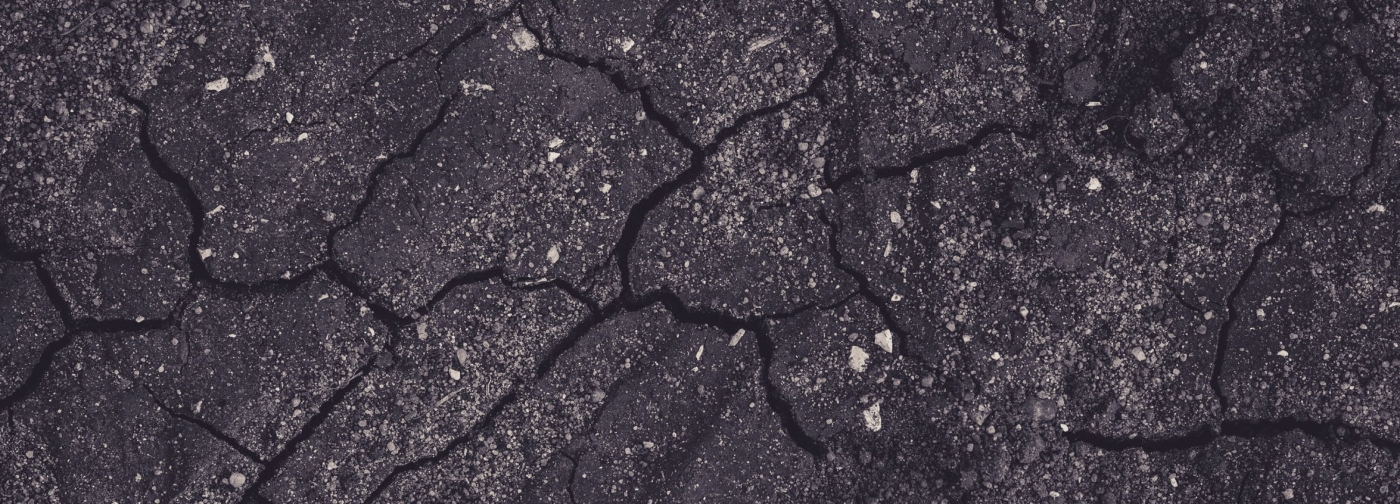Features of the module
Need to evaluate the risk of soil liquefaction from your penetrometric data?
Websprint© allows you to evaluate the liquefaction hazard of soils subjected to seismic loads using different semi-empirical methods recommended in France and internationally.
With this module for soil liquefaction risk evaluation, Websprint© is the only software incorporating the 4 main methods, based on in situ tests, for the determination of soil liquefaction potential, namely: SPT, CPT, PANDA® and GRIZZY® dynamic penetrometers (DPSH) and wave velocity (Vs).
With Websprint©, once you have entered the characteristics of the site, you can :
- define your calculation model: geographical, seismic, geological and project design data.
- carry out analyses based on the processing of dynamic penetration soundings (PANDA®, GRIZZLY®) but also CPT(u), SPT and shear wave velocity (Vs)
- use the integrated assistant (EUROCODE 8) for the seismicity of the site, and the various calculation methods (NCEER, Idriss & Boulanger…)
- use a method specially designed for Tailings Dams
- calculate the safety factor FS against the liquefaction phenomenon.
- calculate the post-liquefaction settlements of saturated soils from different methods.
- evaluate the liquefaction potential index (LPI).
- generate a test report with all input data and calculation assumptions as well as the graphical representation of the analysis results.
In Websprint©, a simplified procedure for soil liquefaction risk evaluation has also been implemented.

